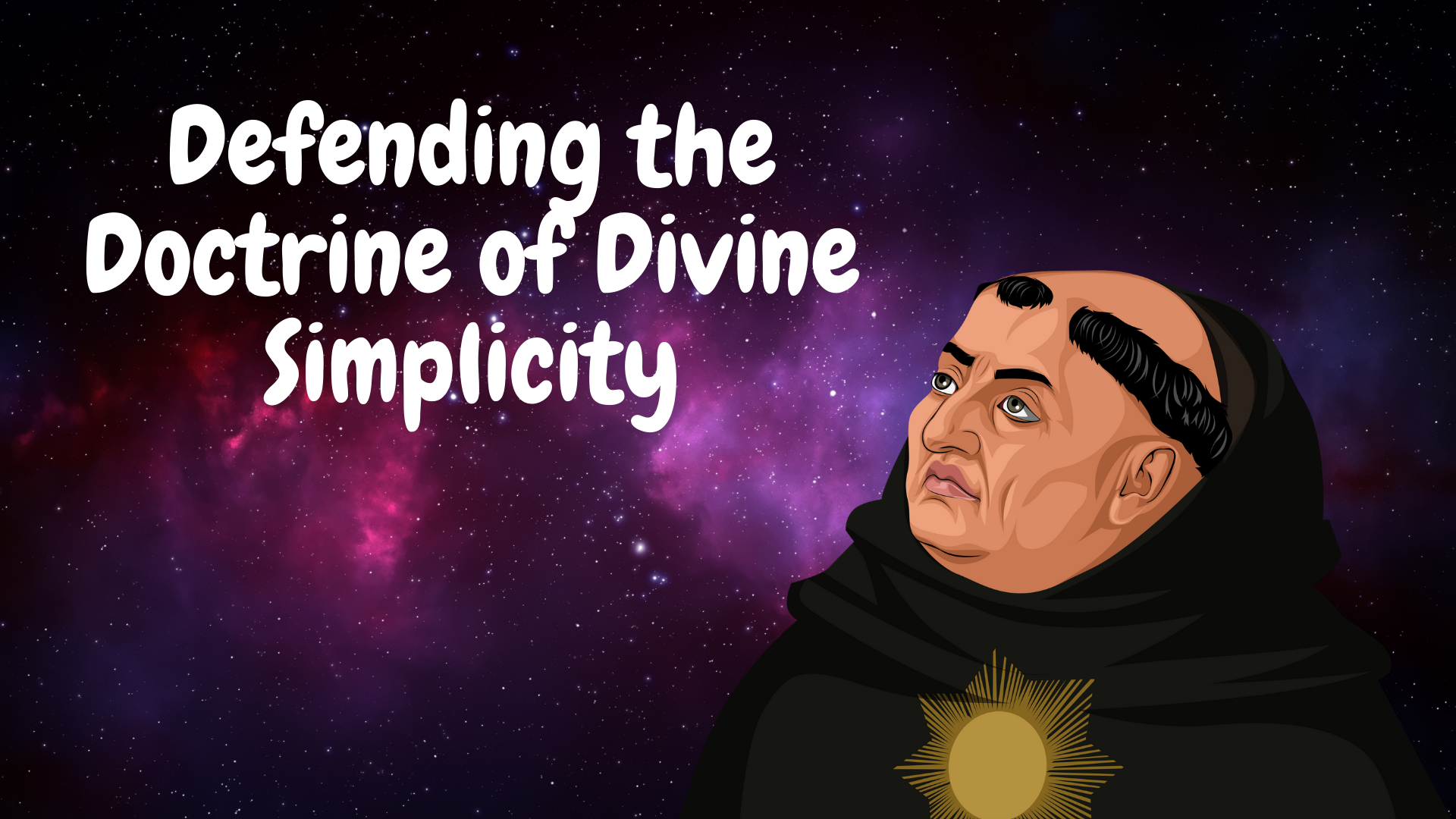
Pat goes on at length explaining why and how divine simplicity is affirmed, the explanatory benefits that come along with maintaining classical theism and divine simplicity generally, and then spends time working through objections related to contingent knowledge, modal collapse, multiple properties, and moral obligation. Finally, Pat argues a general safeguard can be provided around the doctrine of divine simplicity because of the apophatic-analogic process leading up to it.
Defending the Doctrine of Divine Simplicity: Contemporary Thomistic Response
Related Episodes, Resources, and References
Stump’s Aquinas
Feser’s Five Proofs
Grant’s Freewill and God’s Universal Causality
Lonergan’s Insight
Clarke’s Explorations In Metaphysics
Pruss’s Causation, Paradox, and Infinity
Pruss On Three Problems of Divine Simplicity
Feser’s Thomistic Dissolution of the Problem of Evil
Peter Totleben’s The Palamite Controversy: Thomistic Analysis
My defense of classical theism on The Classical Theism Podcast
My defense (with Gaven Kerr) of classical theism on Reason and Theology
The Pat Flynn Show
If you enjoyed this episode, it would mean the world to me if you could subscribe to, and leave a review for, The Pat Flynn show on iTunes HERE or Stitcher HERE.
Reading your reviews and hearing your feedback is what keeps me fired up to make The Pat Flynn Show happen. Thank you!